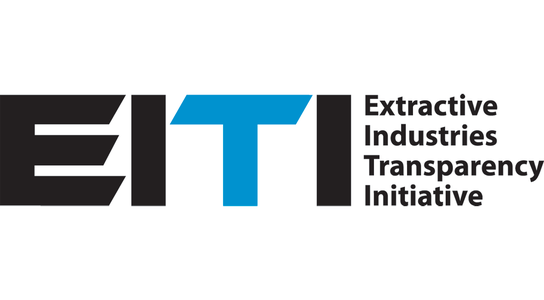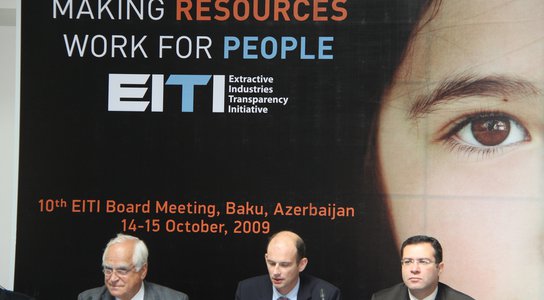WASHINGTON — The Department of the Interior has halted U.S. efforts to seek validation by the Extractive Industries Transparency Initiative (EITI), a global anti-corruption effort to bring openness and accountability to the oil, gas and mining sectors. As civil society members of the U.S. EITI, we are saddened and alarmed that the United States will no longer comply with the standard of a crucial transparency initiative that it has supported since 2003.
A Department of the Interior official confirmed in a March 9 phone call that the United States is withdrawing its efforts to be validated under the EITI Standard. The standard requires companies and governments to disclose the payments they make and receive for extracting oil, gas and minerals. The goal of the initiative is to ensure citizens and governments are getting their fair share of revenues from natural resource extraction. The United States had been working towards complying with the standard since 2012, when it established a multi-stakeholder group of civil society, industry and government members to guide the process.
This grave news comes on the heels of action by Congress and President Trump to use the Congressional Review Act to void an anti-corruption rule that complemented the EITI Standard. The rule, which implemented the Cardin-Lugar Provision of the Dodd-Frank Act, set out how U.S.-listed companies were to disclose tax and project-level payments they make to governments for the commercial development of oil, gas, and minerals. Many U.S.-based oil and gas companies have refused to voluntarily make tax payment disclosures under the U.S. EITI that would have been required by the now-voided rule.
In the spirit of cooperation, consensus, and transparency, we have worked closely with government and industry members of the U.S. EITI multi-stakeholder group since it was established. We are proud of the work we accomplished as a consensus-based body, and are particularly proud of the U.S. EITI website (https://useiti.doi.gov/), which we hope will continue to be a valuable tool for citizens seeking unbiased information about the U.S. extractive industries.
Though we are deeply disappointed the United States is no longer a candidate for validation under the EITI Standard, we, the civil society members of the U.S. EITI, remain committed to the principles of openness and accountability in the extractive industries, and we will continue to support our allies around the world in their efforts against corruption.
###
This statement has been endorsed by the U.S. EITI civil society members:
Rebecca Adamson (First Peoples Worldwide), Danielle Brian (Project On Government Oversight), Neil Brown (The Lugar Center), Paul Bugala, David Chambers (Center for Science in Public Participation), Daniel Dudis (Public Citizen), Lynda Farrell (Pipeline Safety Coalition), Jennifer Krill (Earthworks), Michael LeVine (Oceana), Zorka Milin (Global Witness), Jana Morgan (Publish What You Pay – US), Isabel Munilla (Oxfam America), Keith Romig (United Steelworkers), Michael Ross (UCLA), Brian Sanson (United Mine Workers of America), Veronica Slajer, and Betsy Taylor (Livelihoods Knowledge Exchange Network).
/ ENDS
Contacts
You might also like
-
Briefing Revenue disclosure laws – Cardin-Lugar and the global transparency standard
Global movement to end the corruption that blights resource-rich countries is gathering pace.
-
Blog post Glencore’s $75 million payments show why the EITI must enforce project-level reporting by oil and mining companies
As EITI meets in Bogota, our new investigation into mining giant Glencore highlights the need to ensure payments are reported separately for each oil, gas or mining project.
-
Press release Major step forward in anti-corruption fight as global transparency standard ramps up reporting requirements for oil, gas and mining companies
Today the Extractives Industries Transparency Initiative (EITI), a global scheme that aims to stop corruption in the oil, gas and mining industries, agreed to roll out a game-changing measure across all 51 countries that follow its rules.